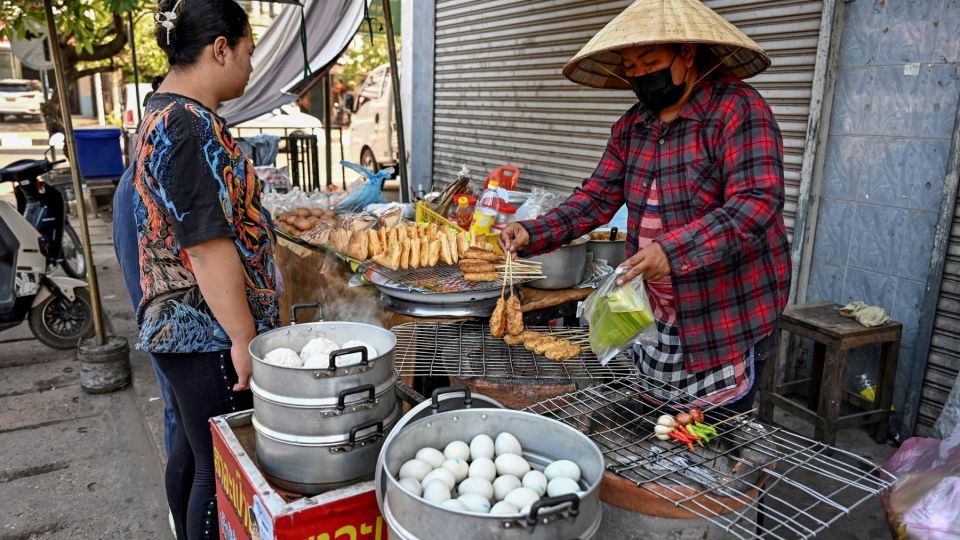June 13, 2025
VIENTIANE – The government has outlined an urgent and comprehensive plan to address the country’s pressing economic challenges, including inflation, currency instability, rising commodity prices, and public debt in response to mounting concerns raised by members of the National Assembly.
Prime Minister Sonexay Siphandone on Wednesday delivered a detailed statement during the ongoing Ordinary Session of the National Assembly, reaffirming the government’s resolve to protect the livelihoods of civil servants, police, military personnel, and ethnic communities, who have been particularly affected.
n direct response to questions from NA members regarding soaring living costs, the Prime Minister said that reducing inflation to single digits by the end of 2025 is a top priority.
To achieve this, the government will implement strict measures to stabilise currency exchange rates, increase domestic production to lower import dependence, and prevent further erosion of household purchasing power.
Addressing NA members’ concerns over the depletion of foreign currency reserves, Prime Minister Sonexay confirmed that efforts are underway to increase reserve levels through enhanced export promotion and a reduction in unnecessary foreign currency outflows. These efforts aim to stabilise the kip and relieve pressure on inflation.
In response to repeated calls from lawmakers to regulate soaring market prices, the government pledged to strengthen market management. Measures include curbing excessive price gaps caused by middlemen and ensuring fair pricing mechanisms that protect consumers from exploitation.
Responding to questions about rising utility costs, especially for low-income families, the government will undertake a review of electricity tariffs. Special provisions will be considered for civil servants, military and police personnel, and vulnerable groups to help alleviate the growing cost-of-living burden.
The government addressed NA concerns about rising public debt by reaffirming its commitment to honour existing debt agreements while negotiating debt restructuring with selected creditor countries.
Additionally, a portion of the 2024 central budget surplus—estimated at between 500 and 800 billion kip—will be allocated to repay overdue public investment debt, ensuring Laos avoids default.
In response to queries on state budget shortfalls, the government outlined plans to fully mobilise existing revenue sources through the modernisation of tax and customs collection, particularly at international checkpoints.
Enhanced collection of land taxes, fees, and service charges is also expected. On the expenditure side, the Prime Minister committed to strict budget discipline and cost-effective use of state funds. National Assembly members also raised concerns about illegal activities harming national resources.
The government announced the formation of a special committee, led by the Deputy Prime Minister for economic affairs and foreign cooperation, to address issues such as unregistered vehicles, illicit mineral extraction, illegal logging, and the unlawful exploitation of natural resources. Each case will be handled individually to ensure swift and appropriate action.
The government’s response reflects a serious and immediate commitment to tackling the nation’s most urgent economic challenges, as demanded by members of the National Assembly and expected by the people. With coordinated reforms and strong oversight, leaders hope to restore public confidence and economic stability in the months ahead.


